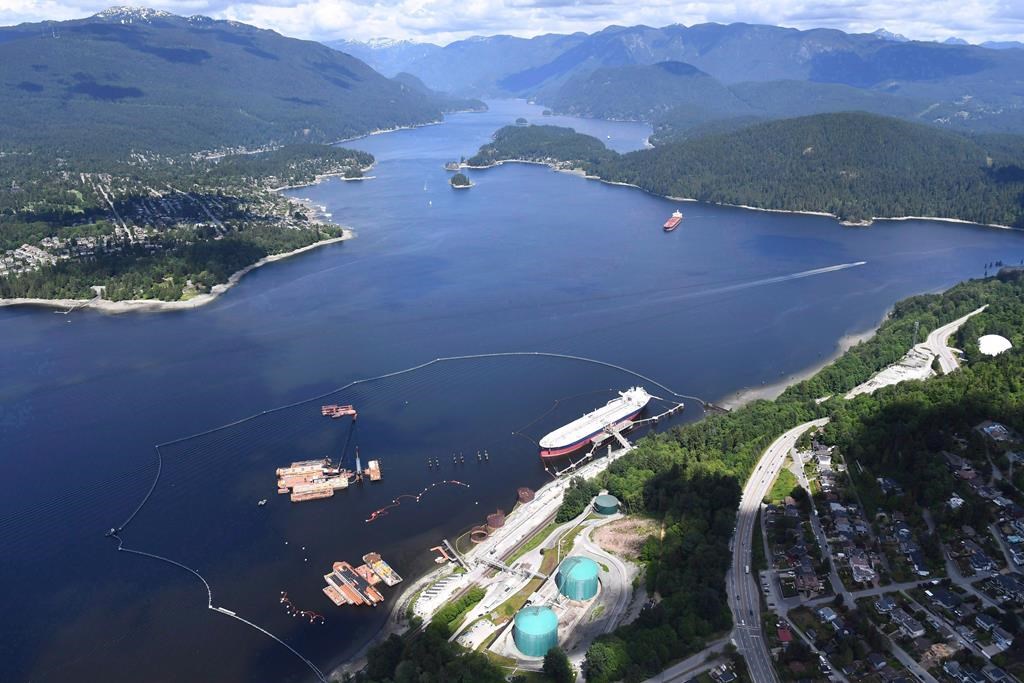On Wednesday morning, the National Energy Board will begin three weeks of hearings on the proposed Trans Mountain pipeline project.

The review was ordered by the Federal Court of Appeal at the end of August. The court found that insufficient time had been spent reviewing potential marine impacts of the pipeline and of increased tanker traffic into and out of the Port of Vancouver. It also decreed that more consultation with First Nations communities should be held.
“We did a lot of work in this area as part of our application to build the pipeline and first submitted that work in 2013,” Trans Mountain spokesperson Ali Hounsell told me. “Everything from double hull tankers, to escorted sea routes into and out of the Port of Vancouver, to the potential impacts on whales and other marine life. All of that information was a part of our application. But the NEB’s mandate did not include examination of marine impacts if the project went ahead.
“Even so, there are 157 conditions which were attached to the original approval and some of those conditions dealt with marine issues.”
The next three weeks will focus on oral presentations to the NEB, many of which will come from First Nations communities. Ali Hounsell tells me that she sat through many of these sessions before the project got its initial approval, saying that many of the presentations involved drumming and storytelling by First Nations elders.

Get breaking National news
WATCH: Will a Trans Mountain Pipeline consultation actually be meaningful?

She expects these upcoming sessions to be similar in form and in message.
“The First Nations communities care deeply about the land, the water, and the sky,” she told me. “Those are the themes we’ll see emphasized over and over again.”
The B.C. and Alberta governments each have intervener status as well. B.C. will continue to hammer away at the environmental issues and the concerns about safety and protection of coastal waters and communities. Alberta, meanwhile, will stress the economic benefits and the belief that the project can meet safety and environmental standards.
The focus is supposed to be on the marine aspects of the project. I’m told the NEB is not going to be looking at the entire project yet again, after taking three years to review it. The plan is still to produce a final report for the federal government by Feb. 22, 2019.
It will then be up to the Trudeau cabinet to decide if — and how — to proceed.





Comments
Want to discuss? Please read our Commenting Policy first.